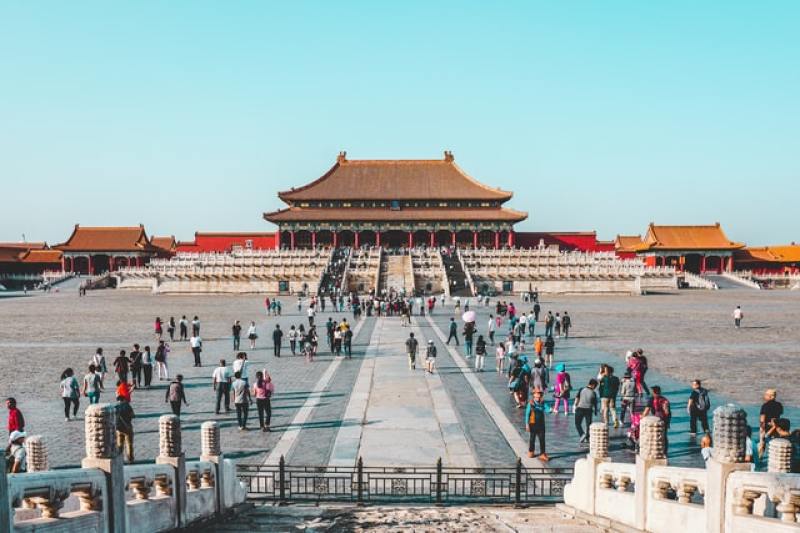
Communist China is allegedly forcing President Joseph Biden, Jr. to change American policies in order to "avoid conflicts" with them, a report said.
One America News Network said on Tuesday that the Chinese government is pushing Biden to change the United States policy for a better relationship framework. By better framework, this pertains to one of "mutual respect" and "win-win cooperation."
However, OANN said, China will not change its policies so as not to "violate its national sovereignty." Interestingly, the report also indicated that "Chinese officials said Biden must change U.S. policies to avoid conflicts."
The Chinese government has been praising Biden on how he has been running the American government so far. OANN added and pointed to a tweet made by Chinese Ambassador Deng Xijun on Saturday regarding this.
"China and the US share broad common interests & special, major responsibilities in safeguarding world peace, stability and prosperity. The common interests far outweigh our differences," Xijun said.
OANN also cited Center for Security Policy Financial Terrorism Expert Kevin Freeman regarding the changes China desires from the American government.
"They officially call for a replacement of the dollar for international transactions...the Chinese plan was derailed with the election of Donald Trump. With Biden, we can expect the Chinese to press forward at an even more rapid pace," Freeman said.
Last Jan. 7, the Harvard Business Review came out with projections on how the US-China relationship will be like.
"How the Biden administration handles the U.S. relationship with China will be not just crucial to Biden's presidency, but one of the defining themes of his time in office," the Harvard Business Review said.
"On balance, we can expect a rhetorically more civil U.S.-China relationship under Biden, including a willingness to engage on key international issues such as climate change, and less emphasis on punitive tariffs," the review stressed.
"However, the U.S. will maintain pressure over perceived intellectual property theft, and there will be no winding back the clock to the Obama era, as China is now seen as a direct competitor in the emerging technologies which will define the economy of the future."
The Harvard Business Review added that their projections "show China continuing to whittle away the U.S.' economic lead over the next five years" in the face of persistent problems the former must overcome.
Previously, Time Magazine projected that "economics, nuclear proliferation, the climate crisis, human rights as well as possible military confrontations" are in the crossroads of America's relations with China, who looks forward to Biden taking a "multilteral approach, more coherence with US alliances."
"While there's no doubt that Biden would be tougher on China than Obama, many in diplomatic circles hope he could reopen lines of communication with Beijing to seek pragmatic solutions on trade, the environment, human rights and other issues. America still has many tools. The dollar's role as global reserve currency has become more important during the pandemic. And the U.S. still boasts the world's biggest economy, spearheading innovation," Time said in October.
Last Wednesday, the U.S. State Department said it has not changed its long-held One-China policy on Taiwan that is expected to "ease concern from both Beijing and Taipei," as per the South China Morning Post.
The said policy affirms the U.S.'s position that Taiwan and China "should resolve their disputes through peaceful dialogue."





































